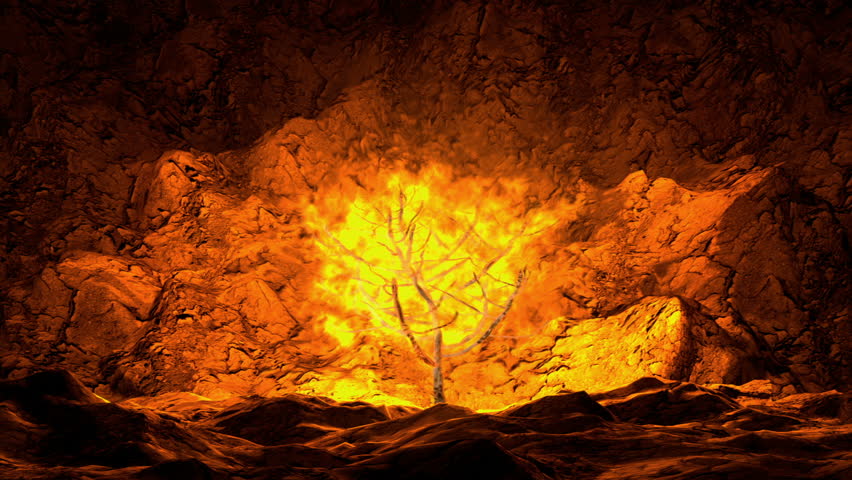א’להי אברהם א’להי יצחק וא’להי יעקב/
Elohei Avraham, Elohei Yitzhak v’Elohei Yaakov/“God of Abraham, God of Isaac and God of Jacob.”
Davening is immeasurably enhanced by knowing the Bible. So much of the Jewish prayer book is built from quotations or allusions the Tanakh. If you know the right passage and detect the reference, the experience of davening the words becomes so much stronger.
Imagine you’re an actor playing Hamlet, called upon to recite the same lines, eight performances a week. How do you avoid boredom, routine and superficiality? When you have plumbed the character’s depth and the nuances of the Shakespeare’s poetry, you’re going to feel the script more intensely, and you’ll bring it to life with greater power. That’s how you make it art.
Davening is the same way. An observant Jew can say the Amidah at least 22 times each week. How do you keep it fresh? One imaginative way to deepen tefillah is to reflect on the Bible passages – and their associated midrash – standing behind our prayers and summon up those nuances when you daven.
The Amidah begins with a particularly good example, citing our ancient forebears: “Blessed are You, our God and God of our ancestors, God of Abraham, God of Isaac and God of Jacob.” Many liberal communities – like Ansche Chesed – add the names of the matriarchs, Sarah, Rebecca, Rachel and Leah. I will address that approximately 40-year old innovation in a subsequent post. But, unsurprisingly, the classical liturgy cites only the patriarchs.
Where did they get this phrase? None other than Exodus 3, at the encounter between God and Moses at the burning bush. Moses turns aside to inspect the wondrous flaming thorn bush that does not burn up and God begins to speak [3.4-6]:
Come no closer. Remove your shoes, for you stand on holy ground. I am the God of your ancestors, the God of Abraham, the God of Isaac, and the God of Jacob. Moses hid his face, for he was afraid to gaze at God.
God goes on to reveal a special divine name [I will be what I will be], gives Moses a mission [Go to Pharaoh and liberate My people], and demands that Moses overcome his self-doubt [Who am I that I should go to Pharaoh?] and excessive modesty [I am not a person of words, but slow of speech and tongue] and dispatches him to get the job done [Who gave people mouths? Who makes people mute or deaf, sighted or blind? Is it not I, the Lord? Now, go!].
Every Amidah begins by alluding to this exchange. Once you know that, this scene at the Burning Bush becomes a resource for intensifying your prayer. Hear its words in ringing in your own, in your head and heart. As you step forward toward the Amidah, imagine yourself as Moses, walking barefoot on sacred ground. Growing closer to a surpassing spiritual reality. Learning God’s true name. Seeing a dazzling and terrifying revelation. You stand at the edge of your life’s destiny. You stand here not alone, but as the child of illustrious ancestors who created a covenantal faith. God’s insistent voice calls you to a mission that is impossibly audacious. And totally inescapable.
How will you respond to the call?





